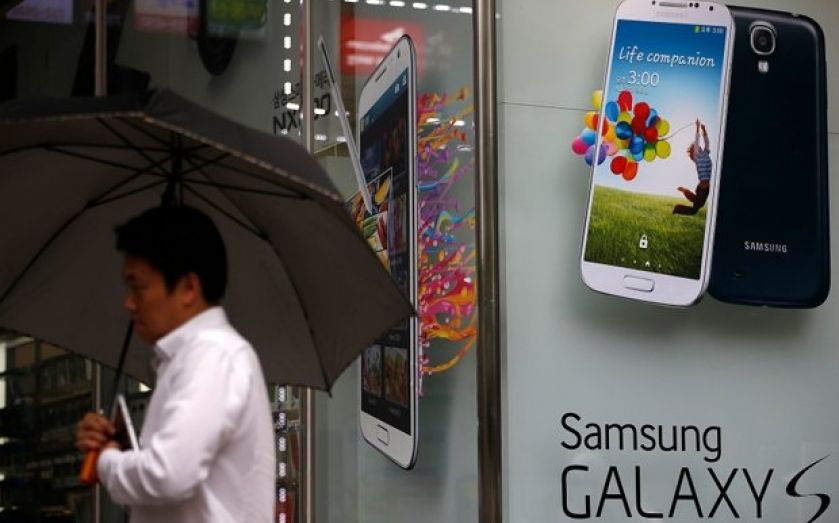Why we musn’t fear the rise of emerging market state-backed champions

WHAT do Airbus, Michelin, Hyundai, NEC, Samsung, Singapore Airlines, Volkswagen, and LG have in common? They all started life as national champions, companies supported by the state while their countries emerged from the ravages of war. Although advanced economies have rightly shifted away from the model, the achievements of these firms in the global marketplace have inspired emerging economies to build their own national champions.
State-backed oil firms account for over 75 per cent of global oil reserves; the world’s largest natural gas company is Russia’s Gazprom. The largest mobile service provider is China Mobile, with 700m customers. Saudi Basic Industries Corporation is one of the world’s most profitable chemical firms. Coal India is the world’s largest coal miner. State firms make up 80 per cent of the value of the stock market in China, 62 per cent in Russia, and 38 per cent in Brazil.
The popularity of the model has led to considerable angst in the West. There is a worry that champions get subsidies, preferential access to resources and capital, and Western competitors are put at a disadvantage. European airlines regularly criticise Gulf carriers for state assistance.
The good news is that most champions have historically performed poorly. For every success, there are multiple failures, national basket cases rather than breadwinners. They tend to succeed in quasi-monopolistic industries like energy and utilities, but rarely in highly competitive consumer industries like electronics or packaged goods. Protection in home markets means they do not have to compete. Domestic consumers thus get higher prices and poorer quality, while the firms have little hope in international markets. Think of the many essentially bankrupt national airlines, or of Proton, Malaysia’s national car project.
Still, national champions are often successful in domestic markets, and Western firms may have to concede this. But even here there could be good news. In domestic markets, there is a usually a niche that wants higher quality and is willing to pay a premium. This niche, as in Malaysia, can grow as the country develops. With its lack of innovation and relatively high prices for poor quality, Proton’s market share in Malaysia declined from 63 per cent to 26 per cent between 2000 and 2012, while the size of the country’s car market almost doubled. Proton’s exports have become inconsequential.
My research suggests that three conditions allow champions to transform themselves into global brands: a competent state as a minority shareholder, offering temporary and conditional support (as in Brazil); when the state encourages fierce competition in the domestic market (as in China); and when the champion is consumer orientated and the market directs strategy. If Western firms see these characteristics in a national champion, expect a formidable competitor. But these conditions are rarer than you might think, especially in the face of political pressures. Consequently, most champions fail, especially in global markets. And at some point, the state loses patience and privatises them.
Nirmalya Kumar is professor of marketing at London Business School, and co-author with Jan-Benedict Steenkamp of Brand Breakout: How Emerging Market Brands Go Global.